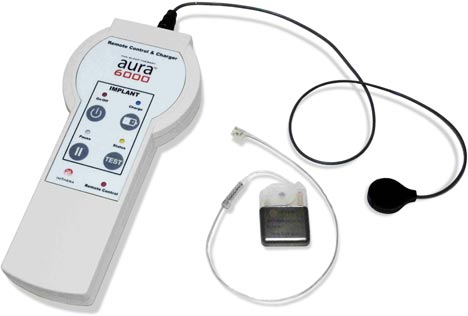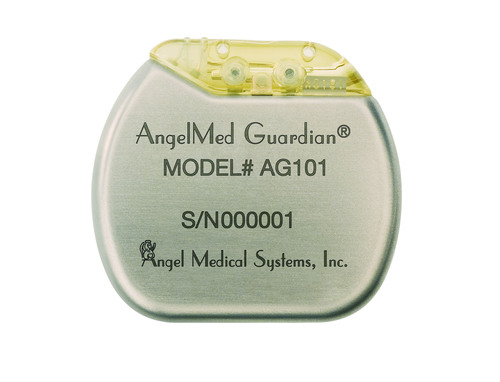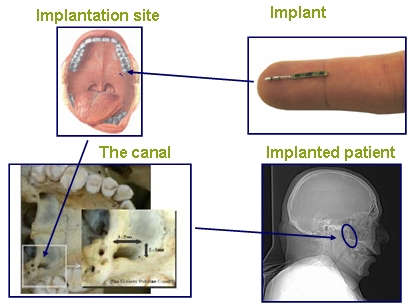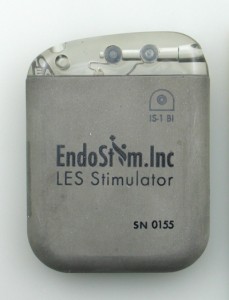
© 2011 David Prutchi
St. Louis, MO startup EndoStim is developing an implantable stimulator to treat gastro-esophageal reflux disease (GERD) by delivering stimulation to the lower esophageal sphincter. The IPG is connected to an EndoStim implantable bipolar lead with electrodes that are stitched and secured into the lower esophageal sphincter muscle during laparoscopy. Continue reading

 Sicel Technologies, Inc. was founded in 1999 and was based in Morrisville, NC. It ceased operations in 2010 after it declared bankruptcy.
Sicel Technologies, Inc. was founded in 1999 and was based in Morrisville, NC. It ceased operations in 2010 after it declared bankruptcy.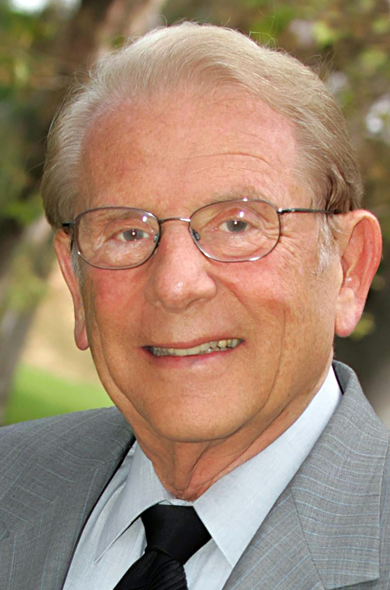 Alfred E. Mann holds B.A. and M.S. degrees in physics from the University of California, Los Angeles and honorary doctorate degrees from the University of Southern California, The Johns Hopkins University, Western University and the Technion Institute (Israel), as well as, Research Professor, University of Southern California, and Adjunct Professor, Dept. of Bioengineering, University of California Los Angeles.
Alfred E. Mann holds B.A. and M.S. degrees in physics from the University of California, Los Angeles and honorary doctorate degrees from the University of Southern California, The Johns Hopkins University, Western University and the Technion Institute (Israel), as well as, Research Professor, University of Southern California, and Adjunct Professor, Dept. of Bioengineering, University of California Los Angeles. Dr. Fischell received his BSME degree from Duke University and MS and Sc.D. degrees from the University of Maryland. Dr. Fischell was employed at the Johns Hopkins University where he was the Chief Engineer of the Space Department and worked on more than 50 spacecraft. His interests at Johns Hopkins then turned to the invention of new medical devices such as pacemakers and implantable heart defibrillators. Starting in 1969, Dr. Fischell began the formation of 14 private companies that licensed his patents on medical devices. These companies include Pacesetter Systems, Inc. (now called St. Jude Medical), IsoStent, Inc., NeuroPace, Inc., Neuralieve, Inc., Angel Medical Systems, Inc, and Svelte Medical Systems, Inc. Dr. Fischell is a prolific inventor with over 200 issued U.S. and foreign patents, many of which have been the basis for new medical device companies.
Dr. Fischell received his BSME degree from Duke University and MS and Sc.D. degrees from the University of Maryland. Dr. Fischell was employed at the Johns Hopkins University where he was the Chief Engineer of the Space Department and worked on more than 50 spacecraft. His interests at Johns Hopkins then turned to the invention of new medical devices such as pacemakers and implantable heart defibrillators. Starting in 1969, Dr. Fischell began the formation of 14 private companies that licensed his patents on medical devices. These companies include Pacesetter Systems, Inc. (now called St. Jude Medical), IsoStent, Inc., NeuroPace, Inc., Neuralieve, Inc., Angel Medical Systems, Inc, and Svelte Medical Systems, Inc. Dr. Fischell is a prolific inventor with over 200 issued U.S. and foreign patents, many of which have been the basis for new medical device companies.  Dr. David R. Fischell is a serial entrepreneur who has founded nine biomedical device companies in the last fifteen years. He is chairman of the Cornell University Biomedical Engineering Advisory Board, and a Fellow of the American Institute for Medical and Biological Engineering.
Dr. David R. Fischell is a serial entrepreneur who has founded nine biomedical device companies in the last fifteen years. He is chairman of the Cornell University Biomedical Engineering Advisory Board, and a Fellow of the American Institute for Medical and Biological Engineering.


